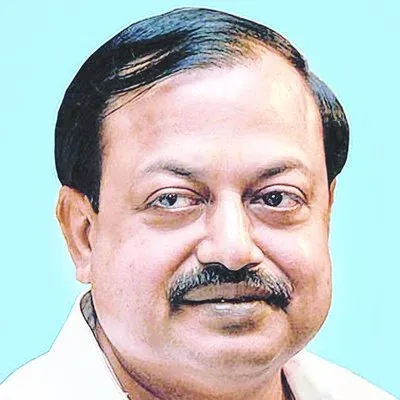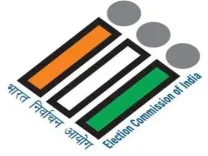Why is BJD Opposing 5% GST on Kendu Leaves?

Synopsis
Key Takeaways
- Odisha has been protesting against the 18 percent GST on Kendu leaves since 2017.
- The BJD demands a complete tax exemption instead of the current 5 percent.
- The trade primarily involves poor and tribal communities.
- Former CM Naveen Patnaik has repeatedly advocated against this tax.
- Concerns have been raised about double taxation on finished products made from Kendu leaves.
Bhubaneswar, Sep 4 (NationPress) The Biju Janata Dal (BJD) has expressed its discontent with the GST Council's move to lower the tax on Kendu leaves from 18 percent to 5 percent, reiterating its call for a complete exemption from taxation on this essential product.
During a press interaction, senior BJD leader Debi Prasad Mishra stated that the state of Odisha has been vocal against the implementation of the 18 percent GST on Kendu leaves since July 1, 2017.
He emphasized that a significant portion of those engaged in the Kendu leaves trade come from underprivileged and tribal communities.
Mishra mentioned that former Chief Minister and Leader of Opposition Naveen Patnaik had sent a letter to Union Finance Minister Nirmala Sitharaman in 2022, advocating for the complete removal of the 18 percent GST on Kendu leaves.
He noted that the BJD leader reiterated similar demands in June 2023, and this issue has been raised multiple times in both the state assembly and parliament. Despite the reduction of GST to 5 percent, there is a strong push for total exemption.
Mishra also criticized the GST Council's decision to categorize finished products made from Kendu leaves under the 40 percent GST bracket.
“Even with the GST on Kendu leaves lowered to 5 percent, is this not a case of double taxation? This will ultimately affect the socioeconomic conditions of the Kendu leaf pluckers. Hence, we strongly urge for a zero GST rate on Kendu leaves,” remarked Mishra.
He also pointed out various welfare initiatives undertaken by the previous Naveen Patnaik-led BJD government for the benefit of Kendu leaf pluckers.
Moreover, Mishra called upon the Union Government to compensate the state for the projected annual revenue loss of approximately Rs 10,000 crore due to the reduction in GST on various goods and services.
The BJD has also voiced criticism towards both state and union governments for not entirely eliminating the GST on the handloom sector.
BJD leader and former Finance Minister Niranjan Pujari stated that many impoverished weavers rely on the handloom for their livelihoods. He urged the union government to distinguish between handloom and power loom and to abolish the GST on the handloom sector entirely.










